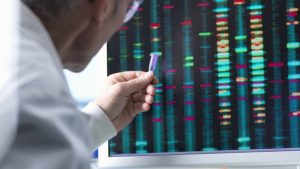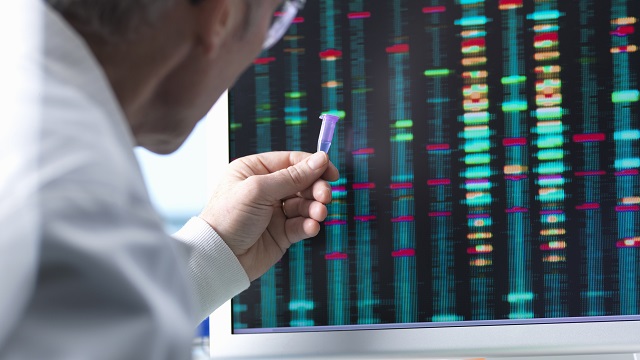BioAlabama is looking to formalize a life sciences network throughout the state to enhance economic development in an important industry that stretches to nearly every corner of Alabama.

Life sciences from genetics to directed medicines and biotechnology and biomedical devices are is a growing industry in Alabama.
The state’s industry organization is aligned with the national Biotechnology Innovation Organization, or BIO, the world’s largest trade association representing biotechnology companies, academic institutions, state biotech centers and related organizations.
Peggy Sammon, CEO of GeneCapture Inc. in Huntsville’s HudsonAlpha Institute for Biotechnology, is on the BioAlabama board of directors. She recently outlined plans for BioAlabama to take the lead in helping grow biotech in the state at the Economic Development Association of Alabama Winter Conference.
A key element of that plan is to formalize a relationship between the state’s nine major bioscience assets in the state – UAB, HudsonAlpha, Southern Research, Tuskegee University, Auburn University, Alabama A&M, the University of Alabama, the University of Alabama in Huntsville and the University of South Alabama.
“In every one of those locations, there is some groundbreaking research happening – whether it’s in human health or genetics or plant science,” Sammon said. “There is also a surprising amount of collaboration between these organizations and institutions, so it’s a good time in Alabama to see the bio-focus happening.”
In addition to the nearly $1 billion in research dollars coming into these institutions each year, Sammon said investors are putting money behind a number of entrepreneurs starting bioscience companies in the state, and programs like Alabama Launchpad are putting dollars into the industry.
“The research dollars that pour into the state are a very big part of what’s happening here,” she said. “They are the catalyst that gets a lot of new products to come out of the state.”
Sammon said Alabama can do more to support the industry and help it grow. She said states like Georgia and Massachusetts have programs and private sector support that Alabama could learn from.
But, Sammon said, Alabama is already focusing on one important area for the industry to grow.
“The companies that are coming to Alabama or growing in Alabama are looking for a highly skilled workforce,” she said. “If we look across the state, there are good science and biology programs in a lot of the major universities, of course, but also in a lot of the community colleges, so there is a good drive to bring a workforce into this part of the ecosystem.”
Local and state economic development groups have identified bioscience as an area where the state is poised to grow.
“Alabama’s bioscience industry is a vital economic engine for our state, creating high-paying jobs and generating important innovations that improve the quality of life for people here at home and all around the world,” said Greg Canfield, secretary of the Alabama Department of Commerce.
With this in mind, it is hoped that the creation of this network will have a positive impact on life science recruitment figures in the area.
Canfield went on to say, “We’re focused on fostering growth in the bioscience sector and collaborating with the state’s research leaders to make that happen.”


